Engineering Science
undergraduates
Engineering concerns the use of mathematical and scientific principles to solve practical problems for the benefit of mankind. It is a rapidly evolving subject, which impacts on many areas of our lives. Examples include telecommunications, nanotechnology, environmental engineering, aeronautics, biomedical engineering, opto-electronics, financial systems, and information engineering.
Engineering at Oxford is one very broad subject. I wasn’t too sure what I wanted to specialise in, so a general course was the best decision for me at the time.
Tony
St Edmund Hall has specialist Fellows/Lecturers in all the relevant topics to fully support the Engineering courses. We have one of the largest intakes of any Oxford college; as a result, we have a lively and thriving community of aspiring engineers whose pastoral and tutorial care is provided by our three Engineering Tutorial Fellows.
Modern technology demands that a prospective Engineer should have a reasonable mathematical background. While we make no distinction at entry between the different types of Mathematics which candidates are studying at school (these can range from double traditional Mathematics to single SMP Mathematics), we do look for candidates who demonstrate a certain competence and ability to apply Mathematics.
The second most suitable A level subject is Physics, although Physical Science can be a good substitute. We hope that candidates will be able to display in interview a genuine interest in Engineering, whether this be from practical experience, from an everyday awareness of the manner in which things work, or from reading around the subject. We welcome the fact that a number of our successful applicants obtain industrial sponsorship. A year in industry before embarking upon an Engineering degree adds considerably to a person’s maturity.
The subjects and grades required to study Engineering at St Edmund Hall match those listed in the University Prospectus.
Our Tutors
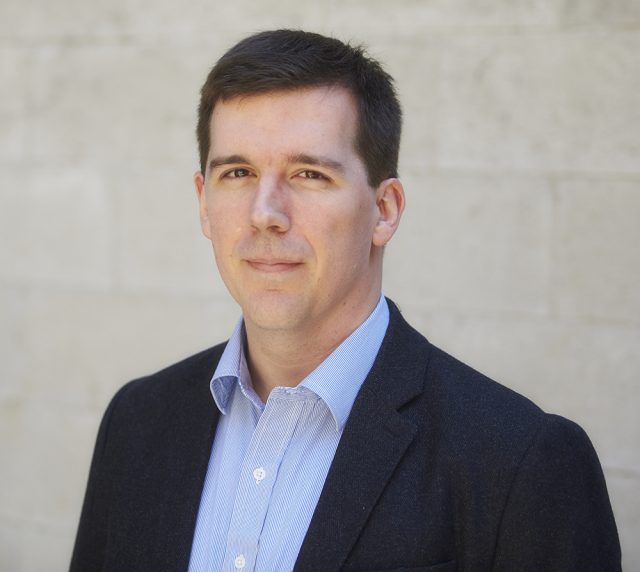
Paul
Goulart
Professor and Tutor in Engineering Science
Professor Paul Goulart is a Tutorial Fellow in Engineering Science. His teaching focuses mainly on topics in engineering mathematics, electrical engineering, control and signal processing.

Amy
Zavatsky
Reader in Engineering Science and Tutor in Engineering
Professor Amy Zavatsky is a University Lecturer and a Tutorial Fellow at St Edmund Hall, where she teaches mechanical engineering and biomechanics.
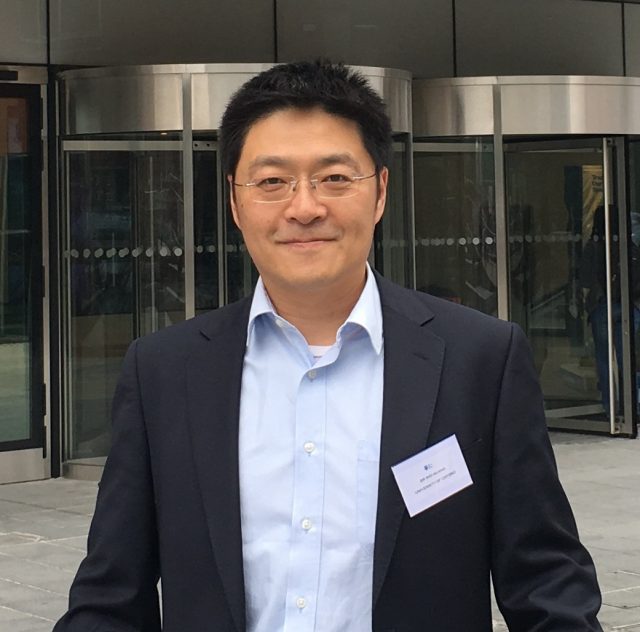
Wei
Huang
Fellow by Special Election in Synthetic Biology
Professor Wei Huang is a Professor of Biological Engineering at the University of Oxford, working on synthetic biology and Raman single cell biotechnology. He is an EPSRC fellow in Synthetic Biology.
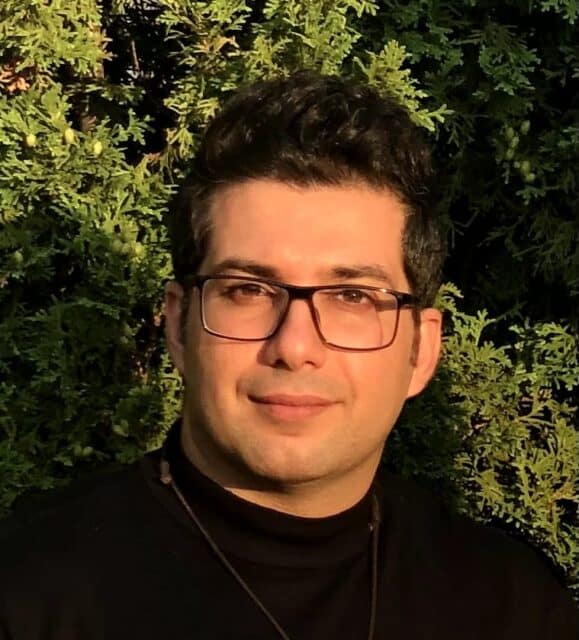
Miad
Saberi
Non-Stipendiary Lecturer in Engineering Science
Dr Miad Saberi joined the Department of Engineering Science at the University of Oxford in January 2022 as a Postdoctoral Researcher; he is also a Non-Stipendiary Lecturer in Engineering Science at St Edmund Hall. His research focuses on offshore geotechnics and advanced numerical modelling of soil-structure interaction, with particular emphasis on computational methods for complex geomechanical problems.
Related Courses
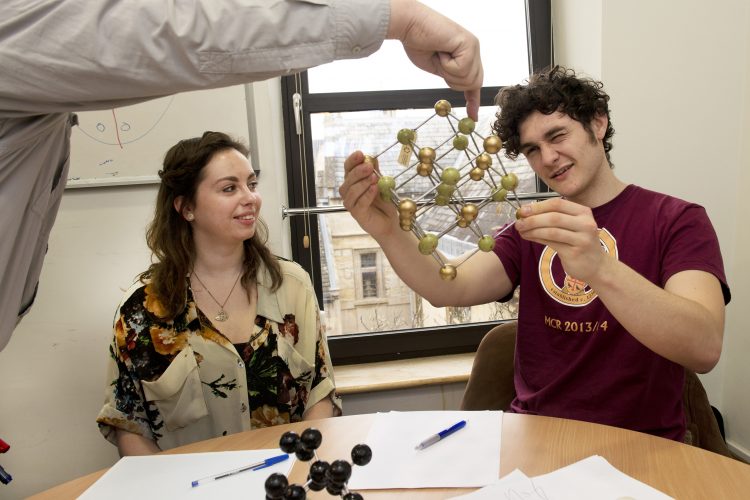
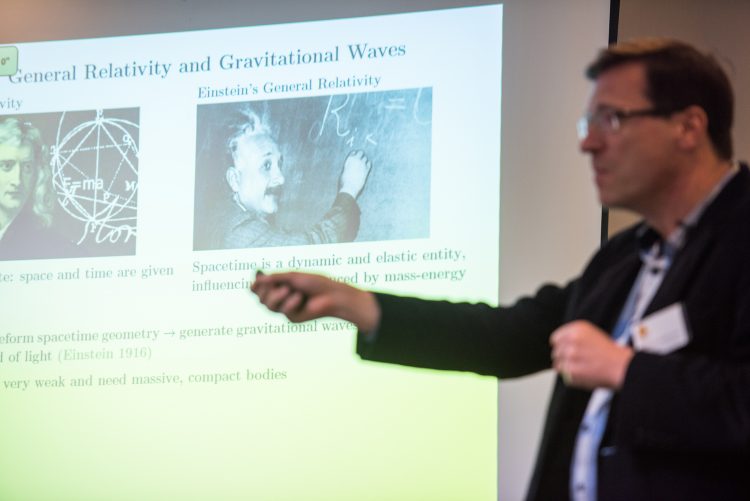
Engineering News
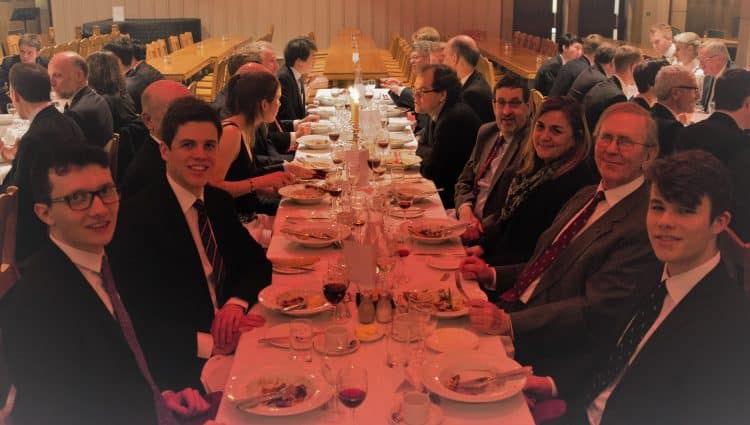
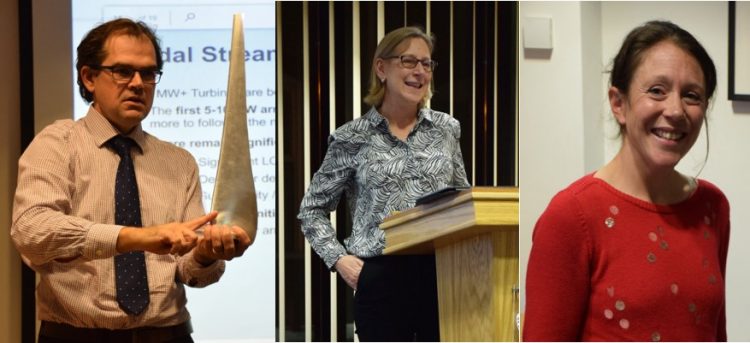
UCAS course codes
H100
Places available: 6
See syllabus and entry requirements for further information.